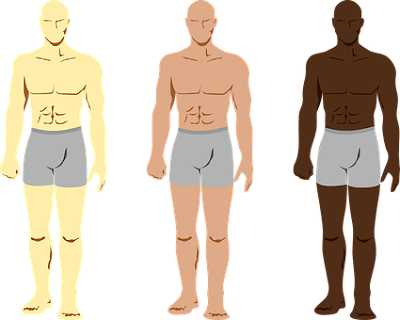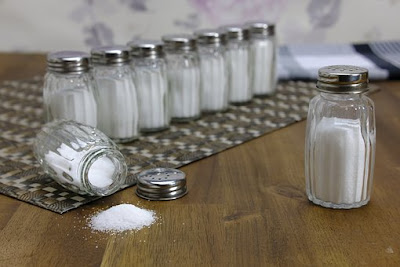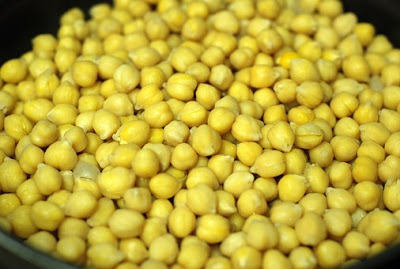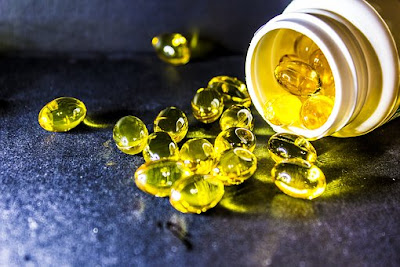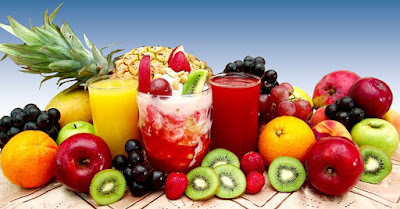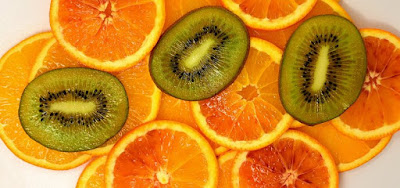BODY MASS INDEX BMI
Body mass index vitae mass index is a metric or measure that is used provide a snapshot of an individual's health and one number its purpose is to describe the relationship between a person's height and weight in clinical terms it's used to describe an individual's adiposity or body fat percentage its usefulness stems from the fact that it better estimates an individual's body fat than just body weight alone for example an individual who is 5 feet tall and weighs 150 pounds would be considered overweight while a person who is 6 feet tall and 150 pounds would not it's not a perfect metric and it does have limitations but it's pervasiveness in the world of medicine nutrition and its ease of use are reasons to understand it BMI was developed using the metric system in that equation is rather simple it's mass in kilograms divided by height in meters squared in the SI system which is what is used in the United States is mass in pounds divided by height in inches squared times 703 and there are dozens of calculators available online check the description below for one from the National Institute of Health body mass index is classified according to the table below numbers to remember are the normal range which is eighteen point five to twenty four point nine under weight being anything under eighteen point five and then over weight which is 25 to twenty nine point nine obese which has different classes but is generally anything over 30 and then morbidly obese would be anything over forty the higher your BMI the higher your risk for certain diseases such as heart disease high blood pressure diabetes gallstones breathing problems in certain cancers these health risks increase even more as the severity of an individual's obesity increases despite the limitations of BMI these risk factors are well established in the literature research has shown that an individual with a BMI over 25 classified as overweight and a BMI over 30 classified as obese increase the risk for the following conditions death from any disease or cause which is all cause mortality coronary heart disease which is essentially heart attack type-2 diabetes cancers specifically Demetrio breast and colon hypertension or high blood pressure dis lipedema which can mean high cholesterol and triglycerides stroke also known as cerebral vascular accident liver and gallbladder disease sleep apnea and respiratory problems osteoarthritis and gynecological problems including abnormal menses and infertility individualsThe BMI under 20 specially under eighteen point five depending on which resource you use are increased risk of medical problems as well unfortunately because the underweight folks are much fewer and farther between they don't get the same attention as the 1.3 billion overweight and obese adults that said being underweight has increased risk of death from any cause as well malnutrition vitamins and mineral deficiencies and then complications of vitamin and mineral deficiencies such as osteoporosis can also increase your risk of immunosuppression and infection as well as respiratory disease and gynecological problems body mass index is not without its limitations the first is at the level of adiposity for a given BMI value varies by race for example a white male with a BMI of 25 has 21 percent body fat an Asian male has 23 percent and an african-american male 20 percent this variability is true at all levels of BMI and for both males and females of all three races this suggests that the mean BMI associated with the development of an adverse metabolic profile varies by race the current w-h-o guidelines listed above apply to whites Hispanics and blacks and for Asians the current cutoff underestimates the amount of risk BMI is also considered to be an inaccurate measure of adiposity individuals with lean body mass such as athletes and weight lifters individuals with more muscle mass and to have a higher BMI despite body fat percentages in the low or normal range for example an individual who is 63 and weighs 235 pounds with about 10 percent muscle to fat ratio will have an ascertain determined BMI of 29.4 which places that person in the overweight territory and extremely near being named large on the other hand it might think little of muscle to fat ratio in older individuals or those who have lost muscle mass these limitations have led researchers and industry experts to suggest that BMI is an actor measurement of obesity despite insane accuracy it's simple to calculate and widely used despite the widespread use of BMI other body measurements may be better predictors these include neck circumference waist circumference waist to height ratio and waist to hip ratio there's evidence to support the clinical utility accuracy of these measurements but they are not widely used in clinical medicine so in conclusion BMI is regularly used to measure whether an individual is underweight normal weight overweight or obese a high BMI which is greater than 25 and overweight folks and greater than 30 and obese is associated with a myriad of health risks a low BMI meaning less than 18.5 also has increased health risks and finally BMI has two major limitations its accuracy varies by race especially in Asian folks and is limited in individuals with lean muscle mass...
